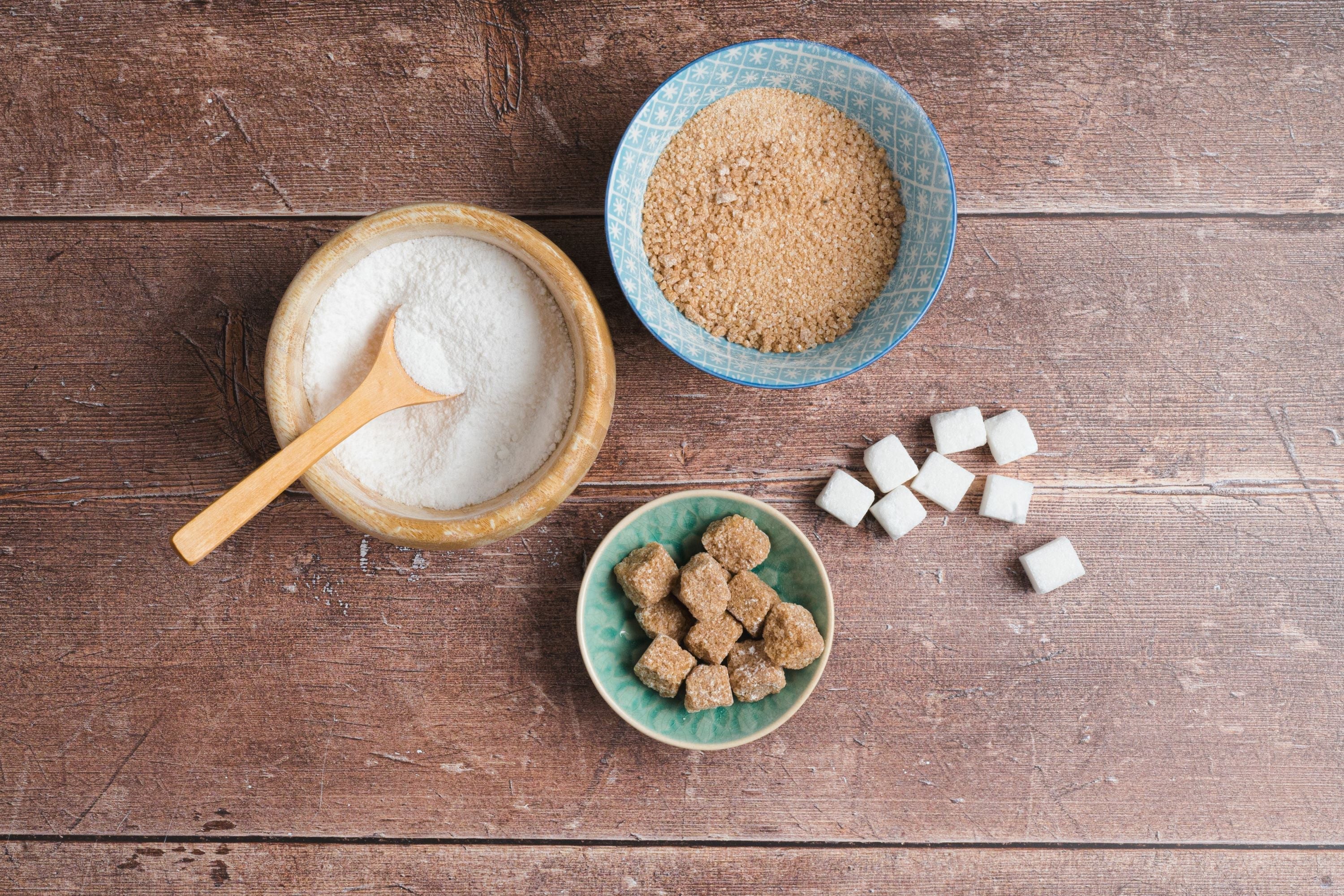
Despite being known as the ‘spark of life’, Magnesium is an important nutrient not only for energy but over 300 processes that contribute to health.
In fact, this powerful mineral is necessary throughout life, and involved in energy production, muscle relaxation, nerve function, blood pressure regulation and brain function to name a few. In children and younger adults its roles include supporting hormonal change, cognitive and physical development.
Magnesium for children
Energy
Children are energetic and curious; these are two critical roles that magnesium supports. Energy is produced by several systems of which magnesium is a cofactor. The role of the cofactor is to assist the enzymes that trigger energy production to increase their efficiency.
Cognitive development
Similarly, curiosity or cognition, knowledge acquisition, memory recall and problem solving plus mood and behaviour are dependent on a group of signalling proteins called neurotransmitters which pass signals between brain cells. Subsequently, magnesium is necessary for the normal production and function of the neurotransmitters and so, for children magnesium supports learning, mood and behaviour.
Physical development
As well as being crucial for supporting development of the brain, magnesium has an important role in the body. The phenomenon of infancy is growth, at this time bones, muscles and nerves grow and develop. Muscle strength increases and nerve impulses send messages to the brain to allow the infant to learn to walk and achieve manual dexterity.
Magnesium along with other minerals such as calcium, boron and zinc are taken up into bone for structure and storage. Plus, magnesium is necessary for the transformation of vitamin D to the active form which plays a role in calcium uptake into bone and immunity.
Sleep
As well as being involved in energy, magnesium perhaps seemingly contradictory, also has a calming effect on the nervous system and may therefore play a role in sleep. It plays a role in reducing tension, helping relax muscular tissue, and in the production of inhibitory neurotransmitters in the brain which reduce excitability. Children need a good night’s sleep for numerous reasons including growth, concentration and focus, healthy mental wellbeing and health in general.
Children need a good night’s sleep for numerous reasons including growth, concentration and focus, healthy mental wellbeing and health in general.
How much magnesium do children need?
To support this wide range of roles, Government health experts recommend that for children aged 4-6 years consume 120mg in magnesium and those 7-10 years 200mg.
Magnesium for teens

Puberty in the teenage years is one of the largest physiological changes that the body undergoes. It consists of the increased output of sex hormones and an increase of hormone receptors in the brain. Subsequently, energy levels, mood and behaviour can be temporarily affected. At this age food choices become independent and less influenced by parents in favour of trends and the change in taste receptors.
Supports hormones production
Magnesium plays a role in the production of sex hormones; the main ones are testosterone and oestrogen. Sex hormones are produced from saturated fats, and it is essential that dietary magnesium and vitamin B6 is available to assist in their production. These hormones bind the receptors in the brain, gastrointestinal tract, and sex organs to exert effects throughout the body. The increased volume of hormones trigger reproductive capacity and adequate magnesium really can support the disruption in mood and behaviour while the brain adjusts.
Energy and cognitive development
Similarly, at this age teens become interested in sports, activities and simultaneously educational demands ramp up. There is a fine balance between supporting energy production and recovery plus focus, attention and the ability to cope, all which require magnesium.
In truth a magnesium deficiency in childhood and teenage years can occur when dietary intake does not fulfil the combination of magnesium requirements from growth, hormones, leisure activities and education.
In truth a magnesium deficiency in childhood and teenage years can occur when dietary intake does not fulfil the combination of magnesium requirements from growth, hormones, leisure activities and education.
Sleep and stress
Magnesium plays a role in the nervous system and inadequate intake from the diet is associated with nervous system excitability and increased stimulation or anxiety which can impact sleep and give rise to insomnia. Stress hormone production by the adrenal glands also requires magnesium meaning demand for it increases during stressful times. Making sure there is enough magnesium in the diet may therefore help improve stress resilience and calms the nervous system, helping manage stress and supporting all important sleep.
How much magnesium do teenagers need?
To support this wide range of roles, Government health experts recommend a magnesium intake of 280-300mg for teens.
Dietary sources
Luckily magnesium is widely distributed throughout food, and found in leafy greens, nuts, seeds, vegetables, plus legumes and wholegrains. Parents may be faced with their children’s faddy phases which may impact magnesium intake at various points in childhood or through their teenage years. Supplementing can be helpful at these times. Pick an age-appropriate product and look towards liquid or powder versions which can be added to foods like smoothies or taken in drinks for ease.
|
TIP: Handy suggestions include bananas (which supply 35mg of magnesium per banana), nut butters (25 mg per tablespoon) and dates (3.1mg per date) as snacks |
For teens, ideas such as smashed avocado, smoothie and sweet potato and cacao brownie style of recipes may stir up their interest and tastebuds for nutrient rich snacks.
Conclusion
Beyond doubt, magnesium is an important mineral at every life phase. Despite interest in magnesium surrounding adult health, it is important for children to support bone health plus muscle function and growth. In teens, it supports the increase in hormones and the associated changes in the brain besides sporting endeavours and increased stress.
For more information about magnesium, and ways to incorporate into your family’s lifestyle, visit your local health food store at www.findahealthstore.com.
Author: Corin Sadler BSc, DipION, FDSc is a Medical Herbalist and Senior Nutritionist at ethical vitamin company Viridian Nutrition. She has a Degree in Clinical Herbalism, and a Diploma and Foundation Degree in Nutritional Therapy.
The information contained in this article is not intended to treat, diagnose or replace the advice of a health practitioner. Please consult a qualified health practitioner if you have a pre-existing health condition or are currently taking medication. Food supplements should not be used as a substitute for a varied and balanced diet.







